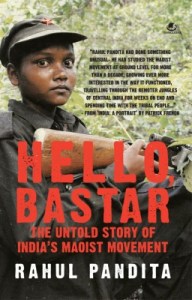Short Book Review: The English Patient by Michael Ondaatje
 SBR: The English Patient is another one of those award-winning books that didn’t work for me. The film of poetic, dreamy writing never allows you to penetrate into the characters. And since there was an Indian character in it, I could identify the non-authenticity of the skills and feelings ascribed to him. So I doubt that the author fared better with other characters. None of them have a distinct voice of their own. The reaction of the characters to the infamous world-war-concluding event, which brings about the climax of the book too, is so ex post facto. There was no way those characters could have realized so quickly what exactly had happened and what its aftermaths were.
SBR: The English Patient is another one of those award-winning books that didn’t work for me. The film of poetic, dreamy writing never allows you to penetrate into the characters. And since there was an Indian character in it, I could identify the non-authenticity of the skills and feelings ascribed to him. So I doubt that the author fared better with other characters. None of them have a distinct voice of their own. The reaction of the characters to the infamous world-war-concluding event, which brings about the climax of the book too, is so ex post facto. There was no way those characters could have realized so quickly what exactly had happened and what its aftermaths were.To read or not to read: Not unless you are a lover of poetic writing for the heck of it, or you are on a mission to read all award-winning books.









